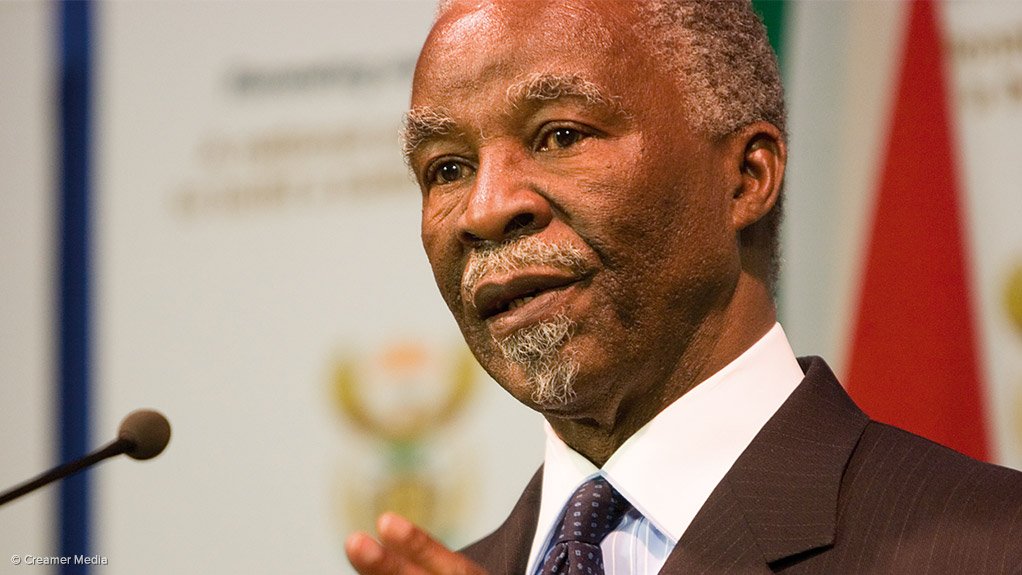Former President Thabo Mbeki, through his foundation, on Friday denied that his administration had interfered with the work of the National Prosecuting Authority (NPA) in investigating Truth and Reconciliation Commission (TRC) cases.
This comes after court affidavits by former National Director of Public Prosecutions (NDPP) Vusi Pikoli and NPA officials stated that interference from Mbeki’s government had resulted in the NPA ending TRC investigations into apartheid crimes that denied offenders amnesty.
Mbeki, who was President between 1999 and 2008, denied the allegations and said his executive had not stopped prosecutors from pursuing the TRC cases. Instead, he countered, if investigations were stopped, it was done so by decision of the NPA.
“There is no record of a single instance when the NPA stopped investigating and prosecuting any case on account of so-called ‘executive interference’ – at least not during the period 1999 – 2008. There are some questions which the NPA must answer honestly. Who in the executive instructed the NPA not to do its work? Will the NPA publish this ‘instruction’ which, presumably, will be in its archives? Why did the NPA accept and respect what would have patently been an illegal instruction?” Mbeki asked.
He further called on the NPA to stop “propagating falsehoods” and to apologise for not investigating the TRC cases.
Mbeki also hit back at Pikoli saying the former NDPP has never approached him to discuss any interference in the NPA.
Mbeki said Pikolo portrayed himself as an “independent and principled NDPP who defied an ‘all too powerful’ President Mbeki, who was supposedly hell-bent on stopping him from investigating and arresting the late former National Commissioner of Police, Jackie Selebi”.
‘BACK DOOR’ AMNESTIES
Mbeki also denied that his government was involved in “back door amnesties”, which sought to give political prisoners the opportunity to apply for amnesty after they were not able to do so with the TRC Amnesty Committee.
“What happened in this regard is that years after the dissolution of the TRC, some prisoners approached the Government arguing that they had been imprisoned for political activities – and were therefore political prisoners – but had not had the opportunity to apply for amnesty with the TRC. The Government thought that rather than ignore these approaches, it should institute a process akin to what was pursued by the TRC Amnesty Committee to allow these prisoners to make presentations,” Mbeki said.
He explained that the President would then have used his Constitutional powers to decide whether or not to grant amnesty. However, he added that the process did not go ahead because the courts had ruled that such a process would violate the TRC Act.
Mbeki said people “conveniently” forget that the African National Congress was one of the architects of South Africa’s Constitution.
“During the years when I served as Deputy President and President of the Republic, I, together with my colleagues in Government, always bore this in mind and acted knowing that the Constitutional prescripts we helped to negotiate were binding on us,” he stated.
EMAIL THIS ARTICLE SAVE THIS ARTICLE ARTICLE ENQUIRY
To subscribe email subscriptions@creamermedia.co.za or click here
To advertise email advertising@creamermedia.co.za or click here











